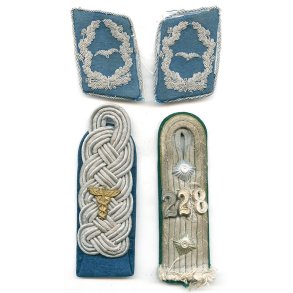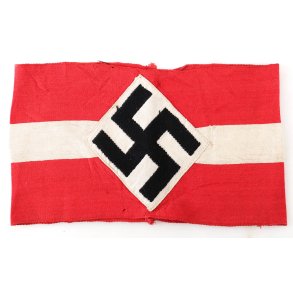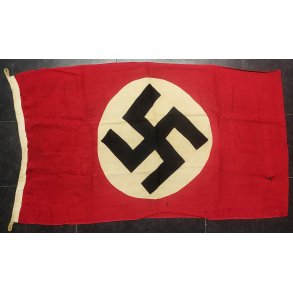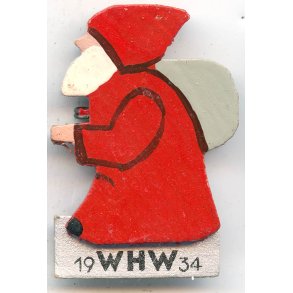German WW2 Volunteer Army Turkestan Legion Em Shoulder Straps
Turkistan Legion EM volunteer’s (Freiwilliger), shoulder straps, introduced in May of 1943.
Wide straps (similar in width and appearance to old Russian style shoulder straps), are constructed of dark bluish-green wool, with light blue rayon “waffenfarbe” piping (indicating Turkestan Legion).
The back sections of the straps are constructed of coarse brownish wool, while the retaining tongues are made of tan rayon/wool bland, and stitched together.
Overall excellent condition, no issues.
HISTORY:
The Turkestan Legion (German: Turkistanische Legion) was the name for the military units composed of the Turkic peoples who fought in the German Army during World War II. Most of these troops were Red Army POWs who formed common cause with other Turkic, Caucasian, Cossack, and Crimean collaborationism with the Axis powers. Its establishment was spearheaded by Nuri Killigil, a Turkish theorist of Pan-Turkism, which sought to separate territories inhabited by Turkic peoples from their countries and eventually unite them under Turkish rule. Although Turkic peoples had been perceived initially as "racially inferior", this attitude officially already changed in the Autumn 1941, when the Nazis attempted to harness the anti-Russian sentiment of Turkic peoples in Russia for political gain. The first "Turkistan Legion" was mobilized in May 1942, originally consisting of only one battalion but having been expanded to 16 battalions and 16,000 soldiers by 1943. Under the Wehrmacht's command, these units were mobilized exclusively on the Western front, isolating them from the Red Army, on the war fronts of France and north Italy. The battalions of the Turkistani Legion formed part of the 162nd Infantry Division and saw much action in Axis-occupied Yugoslavia (especially modern-day Croatia) and Italy. Much of the Turkestan Legion was ultimately imprisoned by British forces and repatriated into Russia, where they would face prison terms from the Soviet government for having collaborated with the Nazis.




